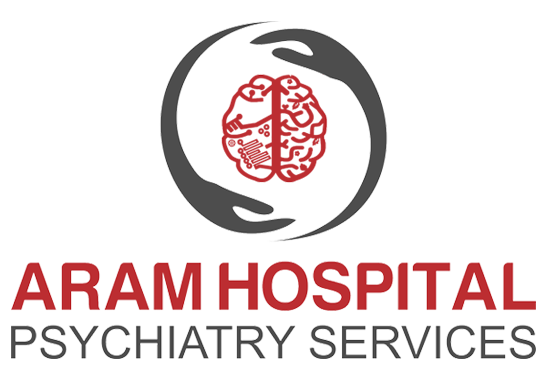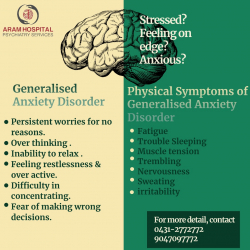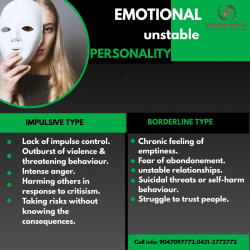POSTPARTUM DEPRESSION
Postpartum depression is a mood disorder in which 1 in 10 women experience Postpartum Depression or Prenatal Depression after giving birth. Perhaps, onset of Postpartum Depression might begin either at the time of pregnancy or after giving birth. Postpartum depression occurs mostly to new mothers, which is caused by certain hormones, such as estrogen and progesterone’s levels fluctuating. Due to the imbalance of these hormones, new mothers would experience depression, which makes the new mother feel sad for no reasons. This could be last longer and more intense and that might interfere with the handling of the baby. New mother with PPD incessantly experience sadness or feeling blue and keeps on crying for no reasons. They may often experience severe mood swings, mixed emotions, loss of appetite, loss of interest in taking care of the baby and drastic changes in sleeping and eating habits.
As they have huge changes in sleeping and eating patterns, they may lose their weigh and feel fatigued and that would be caused less segregation of milk and may eventually become inability to give care for the baby. They may lose touch with close relatives and relatives, and have lower libidos Mothers with PPD also have suicidal ideation and are at the risk of harming the baby as well.
Onset of PPD may happen after delivering the baby, or within 4 weeks of delivering or, after one year having baby. In some of the cases, Postpartum may lead to severe psychosis that new mother with PPD may suffer from delusions or hallucinations. Those mothers with PPD are in need of medications and counselling for their severe mental condition.








